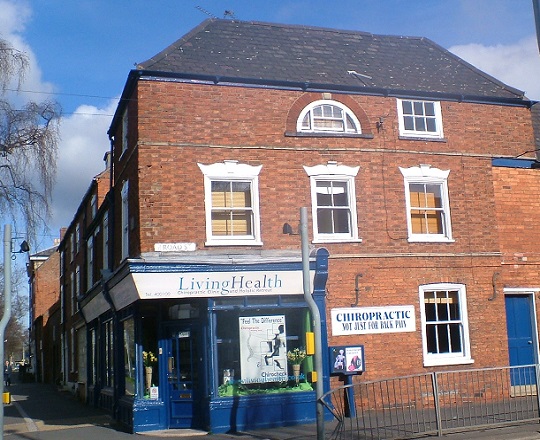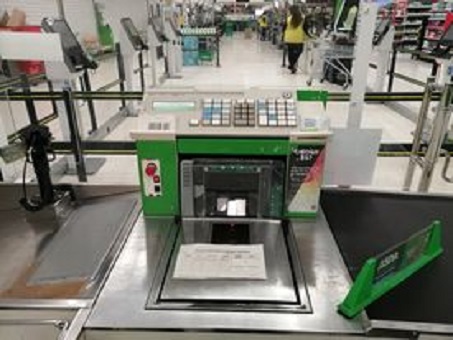The corner shop

Lockdown saw a revival of the corner shop (or convenience store).
Paypoint say that corner shops experienced a quadrupling of frozen food sales, a doubling of alcohol sales and grocery and confectionery saw a rise of 47% and 22% respectively. Some corner shops started delivery services, and in many cases delivery customers are now visiting their local shops for the first time. Others started to sell more locally sourced products.
Corner shops were regarded as safer than supermarkets, and important centres in their community.
In general, the corner shop, so often written off, has shown its resilience once again.
But the improvement was not universal, and neither is the fallout. Many corner shops were reliant on passing trade or, located near transport hubs or offices and found lockdown difficult; and many of these are not seeing the benefit of eased restrictions.
It is fair to say that the corner shop has been an important part of British culture since its emergence at the start of the industrial revolution. Napoleon is often credited with calling the British a nation of shopkeepers, but the phrase was in use by French revolutionaries before he came to power. In reality it was probably first used by the economist Adam Smith in the 1760’s. Although it is uncertain whether Napoleon ever called the British a nation of shopkeepers, when in exile he did tell his physician that he had used the term as a compliment, meaning a nation of merchants.
My grandfather was a shopkeeper, and records show that he was at least the fourth successive generation of corner shop owners. He thought that my father would follow him, but returning from the far east after the war, my father opted for a career in the professions instead. Within ten years supermarkets were starting to appear and it seemed that the corner shop was seriously threatened.
At the same time Asian immigration was starting and the Asian owned corner shops became a feature of Britain. It might have been a result of an entrepreneurial spirit, cultural background desire to be their own boss or simply because their employment prospects were limited to low paid work. Even today, one quarter of Asian Brits are self employed.
But unlike my grandfather, few expected their children to take over their businesses as opportunities opened up in other sectors.
Many Asian owned corner shops thrived through sheer hard work and were open from early until late 7 days a week, and often 365 days a year. PM Margaret Thatcher, a shopkeepers daughter, praised shopkeepers who, she felt, represented her ideals of free enterprise, and many shopkeepers saw her as their natural ally. Until …
In 1986 Thatcher introduced the Shops Bill, which would have legalised Sunday opening for supermarkets and large retailers, and which seemed to pose a threat like never before. But the Bill provoked a Tory backlash and the Bill was defeated in the Commons.
In 1994 the Sunday Trading Act was passed and large businesses could legally open for 6 hours on Sundays. The threat had become a reality. Local shops survived though through the convenience they offered, and by this time were often located at petrol filling stations. Large supermarkets are opening smaller local shops now and many, such as Londis, Nisa, Premier and Spar operate as part of Symbol Groups through which independent businesses commit themselves to a supplier / wholesaler. Booker, the UK’s largest wholesaler, is owned by Tesco.
New corner shops are now often operated by migrants from eastern Europe, serving east European residents with speciality food products, as well as the community as a whole.
Talking to the corner shop owners in my neighbourhood, I was surprised that they didn’t expand their product range during lockdown to include products that weren’t available elsewhere, preferring to concentrate on their core business.
Fortunes since lockdown have varied. One of them, Sami, had been a successful shopkeeper in the Kurdish area of Iraq, but was forced by war to abandon his business there. He chose to continue to own a shop business because it was familiar territory and because he wanted to be his own boss. He had already had to cope with Lidl opening a store in his area. Although lockdown went well for him, part of his trade has been due to his location on a main route into the city. That trade has not returned to previous levels. The economic fallout is also starting to bite, and many of his customers are simply worse off now.
His niche? Speciality foods for Polish and Lithanian residents.
Photo: The most famous corner shop in Britain?; the childhood home of Margaret Thatcher at Grantham,now a chiropractor

